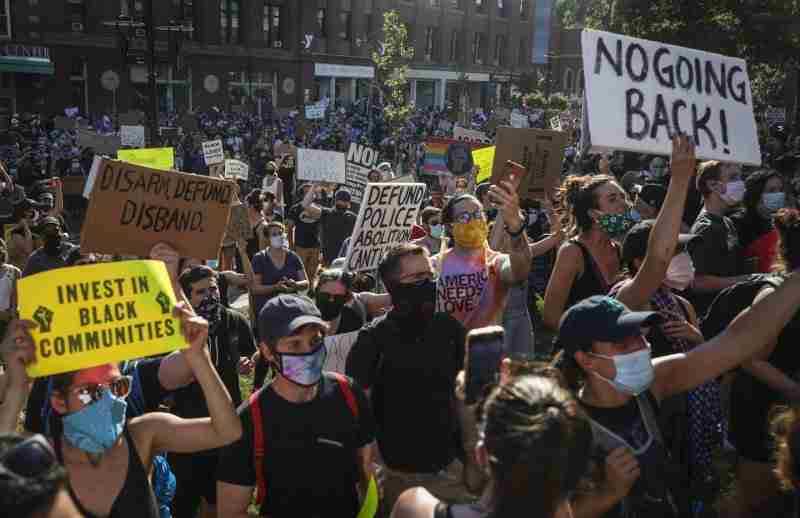Looking at raw data and simply saying that Coronavirus cases in the USA are “rising” just because the “number of cases” on a specific day was higher than the day before, may be very confusing for the public.
The number of cases may vary widely based on the number of tests being done every day, and a higher number of cases may be the result of more coronavirus tests.
Many media platforms keep warning or even confirming that the cases of COVID-19 have been rising in the USA over the past weeks following the start of the “Black Lives Matter” protests, that the protests maybe spreading the virus and may even cause a second wave.
This video takes a more reasonable and scientific approach to analyze the data of the number of cases during the weeks before and after the “Black Lives Matter” protests, to try and find out if there has been any statistically “significant difference” between the number of cases before and after the protests.
The video also tells us if the risk of contacting Coronavirus was higher or lower in the 2 weeks following the start of the protests. Let us know your comments and feedback.
Dr. Wessam Atif is a medical doctor and a public health researcher. Dr. Atif focuses on qualitative research in sanitation, hygiene education and public policy to support governments and policymakers of developing countries to achieve better public health goals. He is studying for his MPH at the University of Manchester. Recently, Dr. Atif has worked with the World Health Organization as a technical consultant to develop risk-based hygiene and sanitation inspection systems in the Western Pacific Region. Find him on Linkedin



































